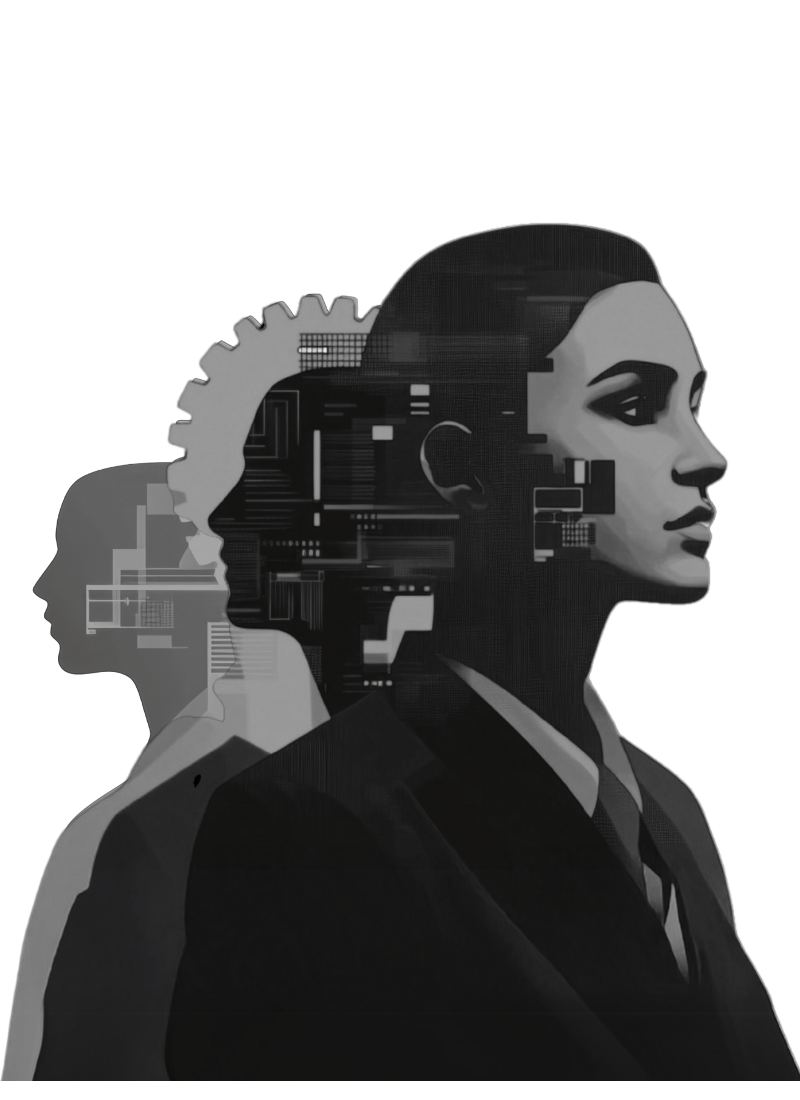
How AI Is Transforming Recruitment In The Lubricants Industry
In this article, we contemplate the impact of Artificial Intelligence (AI) on the lubricants job market and how it could reshape the landscape of recruiting, hiring, and selection processes within the lubricants industry.
The AI Revolution in the World of Work
AI is poised to disrupt and redefine how we perceive work. The International Monetary Fund (IMF) in their most recent report, claims that about 60% of jobs in advanced economies are exposed to AI, with potentially half of them being negatively affected. However, the same technology holds the promise of enhancing human productivity, ushering in a new era of work that is safer, more interesting, and devoid of mundane tasks.
Evolution of Roles in the Lubricants Sector
Roles in technical, leadership, and commercial functions we believe are here to stay. However, we expect them to alter and change. AI tools are actively influencing domains such as data collection, product development, and business modelling, reshaping the landscapes of operations, customer service, supply chain, finance, and back-office functions. As humanity advances, the imperatives of adaptation and the judicious utilisation of available AI tools become crucial for sustained growth and continual improvement.
Skills of the Future
To flourish in the AI-driven future, professionals within the lubricants industry must sharpen specific skills around problem-solving, creativity, and empathy. The strategic development of these skill sets, aligning seamlessly with the ongoing changes propelled by AI, can be the catalyst for significant career advancement.
Upskilling the Workforce
As AI becomes more prevalent in the lubricants industry, the workforce needs to adapt. Companies are urged to invest in robust upskilling programs that empower employees with the requisite skills to navigate the intricate AI-driven landscape. Tailored training initiatives focusing on data analytics, machine learning, and AI integration play a pivotal role in preparing the workforce for the challenges and opportunities of the future.
Collaboration between Humans and AI
Contrary to the fear of job displacement, AI in the lubricants industry is more likely to augment human capabilities rather than replace them. Collaborative efforts between humans and AI create a synergy that fosters creative problem-solving, improved decision-making, and heightened productivity. Embracing this collaboration becomes indispensable for companies aspiring to maintain competitiveness in the dynamically evolving market.
AI’s Impact on Recruitment and Selection
AI is a powerful agent of change in the recruitment process. It can decrease bias by anonymising applicant CVs, orchestrate more effective matches between candidates and job profiles, and ensure diversity and inclusivity in hiring practices. This transformative technology also optimises the job search experience, delivering tailored matches based on skill sets. For job seekers, AI becomes a valuable ally, refining CVs, offering interview preparation insights, and guiding them with data-driven practices for a competitive edge.
In Summary
As the lubricants industry navigates the tides of change, AI emerges as both a disruptor and an enabler. Embracing the transformative power of AI in recruitment, hiring, and selection processes is not just a necessity but a strategic move towards a more efficient, inclusive, and innovative future. The key lies in adaptation, continuous skill development, and a collaborative approach that leverages the potential of AI to shape a workforce ready for the challenges and opportunities that lie ahead.


